
Secrecy Surrounds China’s Kathmandu-Kerung Railway Study Amidst Speculation
China is facing accusations of maintaining secrecy regarding the ongoing study of the Kathmandu-Kerung railway, a project aligned with China’s strategic vision of enhancing connectivity with countries, including India, through Nepal. The technical team from China, deployed on December 27, 2022, has been conducting an extensive study in Rasuwa, Nuwakot, Kathmandu, and other areas, raising concerns about transparency.
Despite the significant progress of the technical team, the Chinese side has refrained from providing any information about the project’s advancements. Sources from the Ministry of Physical Infrastructure indicate that China is expected to communicate the study’s progress to Nepal during a secretary-level meeting.
The technical team, representing the China Rail-Way Survey and Design Group Company Limited, a government entity, is anticipated to present a comprehensive feasibility report within the next three and a half years. Initial projections suggested the completion of survey work in the first year, with subsequent scheduling for mapping and finalizing the engineering study report in the following years.
To facilitate in-depth studies, it is suggested that field camps may be established for future research. Government officials emphasize that China is funding the study independently.
The memorandum of understanding for the Detailed Project Report (DPR) of Kerung-Kathmandu, Kathmandu-Pokhara, and Pokhara-Lumbini railways was signed during Chinese President Xi Jinping’s visit to Nepal in September 2019. The subsequent meeting of officials from both countries in Kathmandu in October 2019 outlined the division of work for project implementation.
Strict COVID-19 control measures imposed by the Chinese government delayed the technical team’s visit. Following the relaxation of pandemic-related restrictions, the project resumed according to the action plan. An estimated 98 percent of the project involves expensive endeavors, including tunnels and bridges in challenging terrains.
Upon completion of the study, an agreement between Nepal and China will be necessary to determine the project’s construction modality, investment, and solutions to technical complications. The railway project is expected to enhance Nepal’s connectivity to Chinese ports, contingent on economic benefit analysis.
Ongoing discussions between China and Nepal regarding the inland railway have commenced, with a team from Nepal, including Keshav Kumar Sharma, Secretary of the Ministry of Physical Infrastructure and Transport, and Rohit Kumar Bisural, Director General of the Railway Department, currently in China for project deliberations. The China-Nepal secretary-level railway mechanism meeting aims to review the progress of the project study and address various cooperation aspects, including land, forest considerations, and other critical factors.
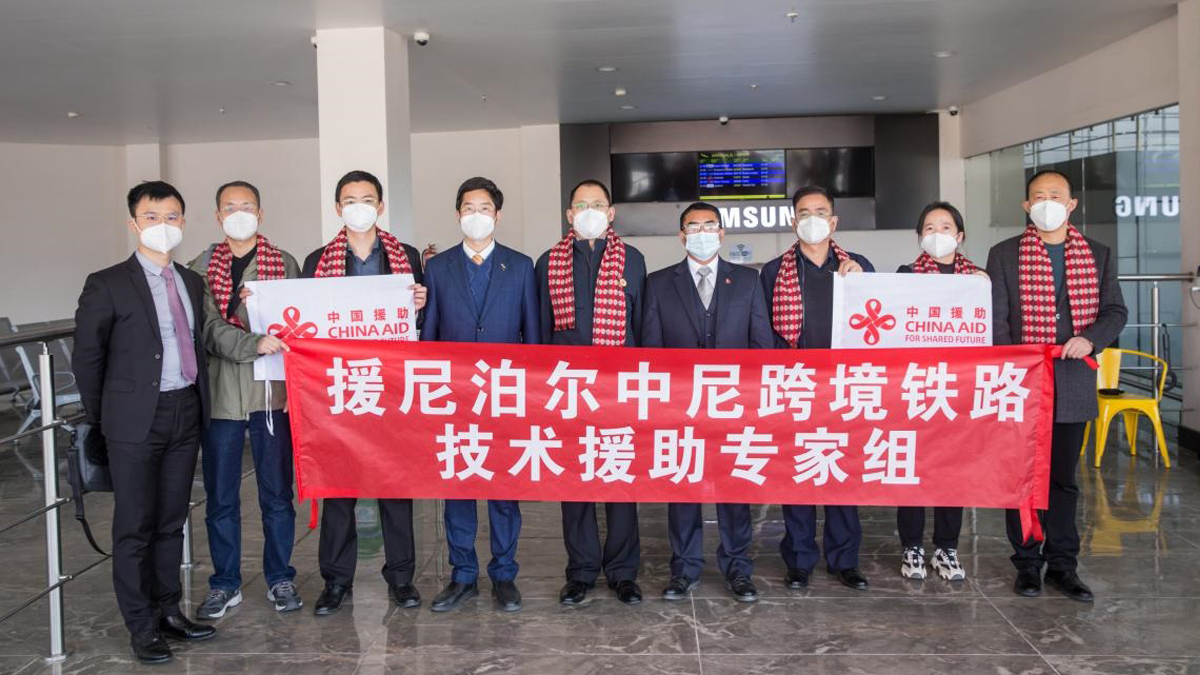

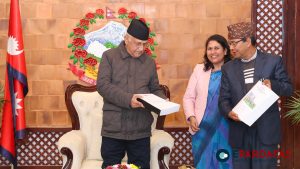

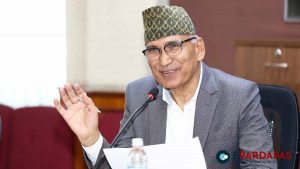

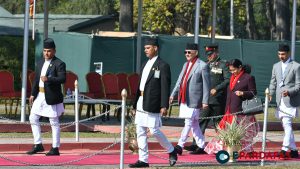
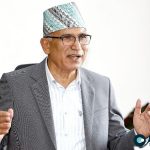



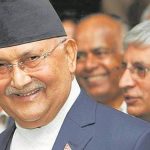

Comments